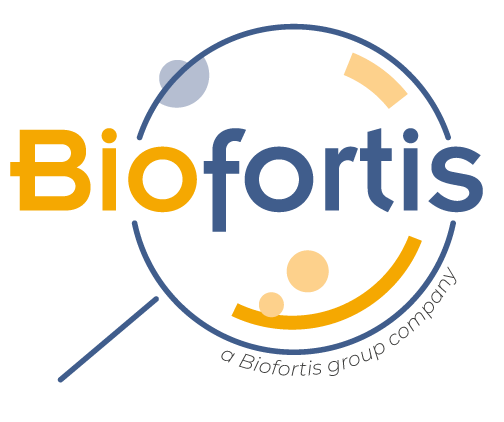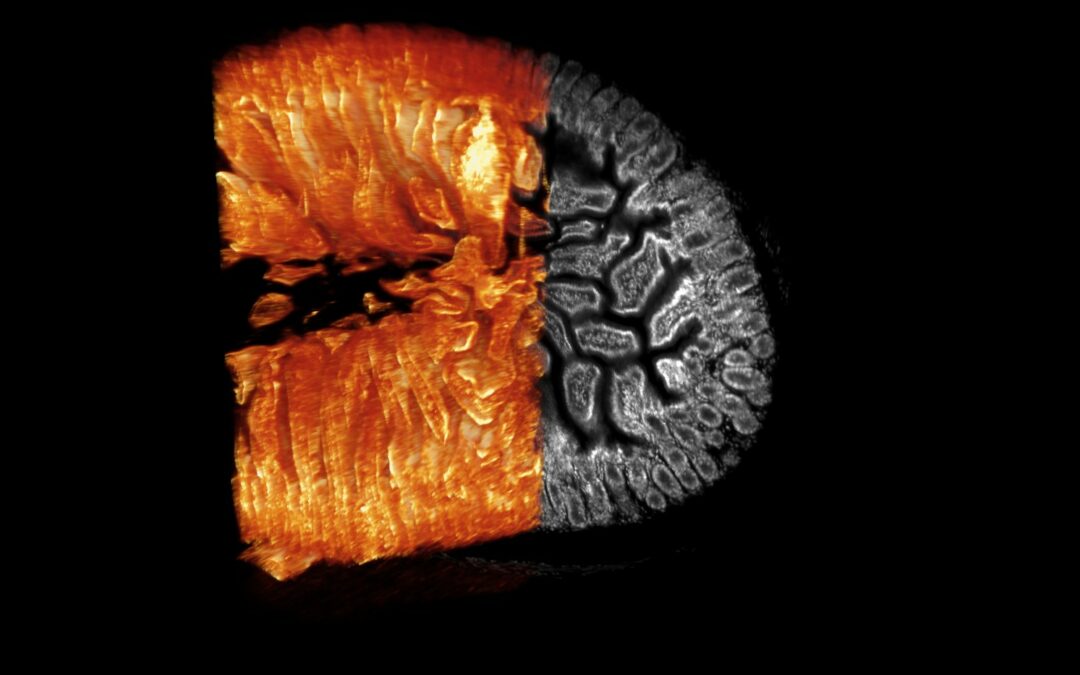DR SIDONIE N. LAVERGNE, COLLABORATIVE PARTNERSHIP MANAGER, BIOFORTIS MERIEUX NUTRISCIENCES
The microbiota has been linked to several pathological situations and microbes have been implicated in 20% of human cancers (concept of “oncomicrobes”). (1)
Hopes are growing to be able to predict and prevent cancer therapy toxicity using the microbiome.(2, 3) This would not only significantly improve the quality of life of the patients, it would also allow clinicians to use these powerful drugs to their full potential. Furthermore, despite tremendous advances in our understanding of carcinogenesis, the rate of failure in cancer trials has not decreased accordingly.(3) Exploring the interactions between the host microbiome and the immune response and/or the drug in cancer is a recent track of investigation to address this frustration.
During cancer therapy (immunotherapy, radiotherapy, chemotherapy), therapeutic agents interact mutually with the gut microbiome.(4) In the case of molecular drugs (immunotherapy and chemotherapy), these interactions are referred to as “pharmacomicrobiomics”.(5, 6) Indeed, drugs (especially when administered orally) can affect the gut microbiome differently depending on the type of therapy, the dosing regimen, or the type of cancer.(1, 2, 7, 8) Conversely, the gut microbiota can affect the pharmacokinetic profile of a drug (e.g. metabolism, elimination). In the case of antineoplastic drugs that usually have a narrow margin of safety, this phenomenon can be critical, but if properly controlled, it could be used as an adjuvant therapy in cancer treatment.
Chemotherapy
Bacteria have been shown to decrease the efficacy of certain chemotherapeutic agents while they can enhance the efficacy of others.(3, 8) There is growing evidence that the microbiota affects both early direct cytotoxic effects of chemotherapy and the secondary immune response to this direct effect.(8) Multiple pre- and clinical studies have demonstrated how chemotherapy modifies gut bacterial populations.(2) The use of probiotics as provided some promising yet inconsistent results in preventing the occurrence of chemotherapy-associated enteritis in preclinical models. Furthermore, the evidence in rigorously designed human clinical trials is lacking. Additionally, chemotherapy is not only toxic against tumor cells, but also against the patient’s rapidly dividing cells, such as those lining the gastrointestinal (GI) tract. The subsequent GI barrier disruption allows lumen microorganisms to translocate, potentially leading to more systemic inflammation or even septicemia.(8) Conversely, gut bacteria sometimes reactivate inactive metabolites of chemotherapeutic agents, exposing nearby mucosal cells to the toxic parent drug, leading to severe diarrhea. This is the case for camptothecin 11 (irinotecan) and research is on-going to try to develop some selective inhibitors of these bacterial enzymes.(2, 4)
In conclusion, it is important to remember that, whether oncologists modulate the microbiome for efficacy improvement or toxicity prevention, there is a significant risk in cancer patients who are often immunocompromised, especially when introducing some live bacterial strains. The risk/benefit ratio will therefore have to be carefully evaluated prior to any human trials.(4, 8, 9)
1. Garrett WS. Cancer and the microbiota. Science. 2015 3;348(6230):80-6.
2. Touchefeu Y, Montassier E, Nieman K, Gastinne T, Potel G, Bruley des Varannes S, Le Vacon F, de La Cochetière MF. Systematic review: the role of the gut microbiota in chemotherapy- or radiation-induced gastrointestinal mucositis – current evidence and potential clinical applications. Aliment Pharmacol Ther. 2014 ;40(5):409-21.
3. Tsilimigras MC, Fodor A, Jobin C. Nat Microbiol. 2017 Carcinogenesis and therapeutics: the microbiota perspective.22;2: 1-10.
4. Contreras AV, Cocom-Chan B, Hernandez-Montes G, Portillo-Bobadilla T, Resendis-Antonio O. Host-MicrobiomeInteraction and Cancer: Potential Application in Precision Medicine. Front Physiol. 2016 9;7 : 1-23.
5. Zitvogel L, Galluzzi L, Viaud S, Vétizou M, Daillère R, Merad M, Kroemer G.Cancer and the gut microbiota: an unexpected link. Sci Transl Med. 2015 21;7(271):271ps1
6. Alexander JL, Wilson ID, Teare J, Marchesi JR, Nicholson JK, Kinross JM. Gut microbiota modulation of chemotherapyefficacy and toxicity. Nat Rev Gastroenterol Hepatol. 2017 ;14(6):356-365
7. Zitvogel L, Ayyoub M, Routy B, Kroemer G. Microbiome and Anticancer Immunosurveillance. Cell. 2016 Apr 7;165(2):276-87
8. Roy S, Trinchieri G. Microbiota: a key orchestrator of cancer therapy. Nat Rev Cancer. 2017;17(5):271-285
9. Poutahidis T, Kleinewietfeld M, Erdman SE.Gut microbiota and the paradox of cancer immunotherapy. FrontImmunol. 2014 7;5:157-168

